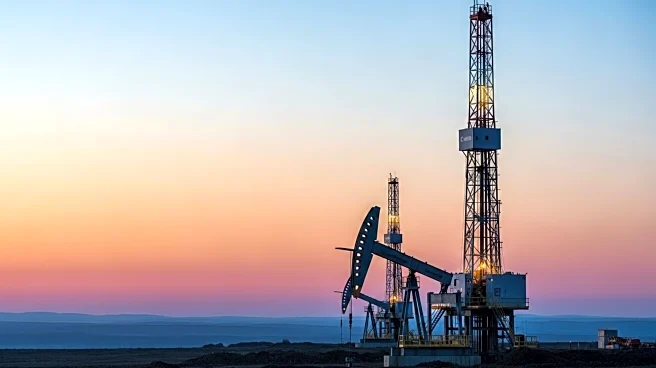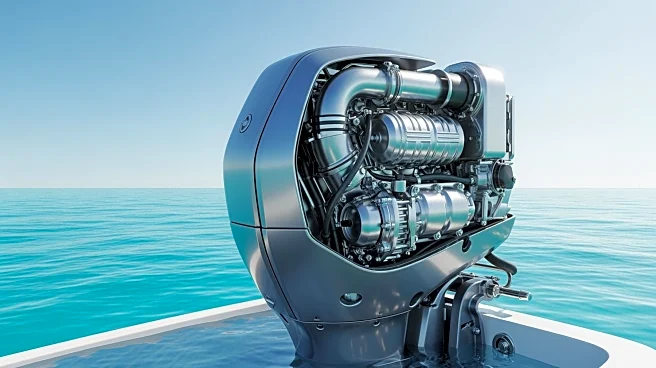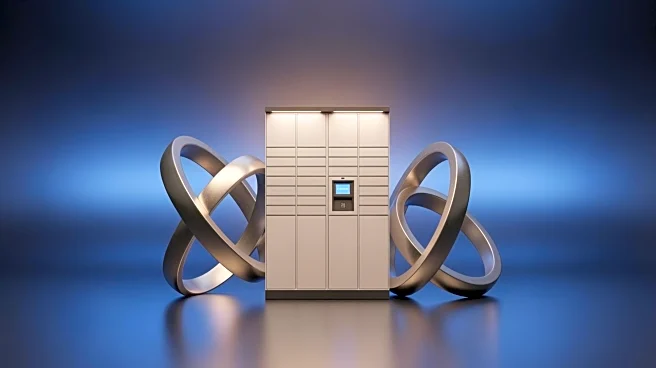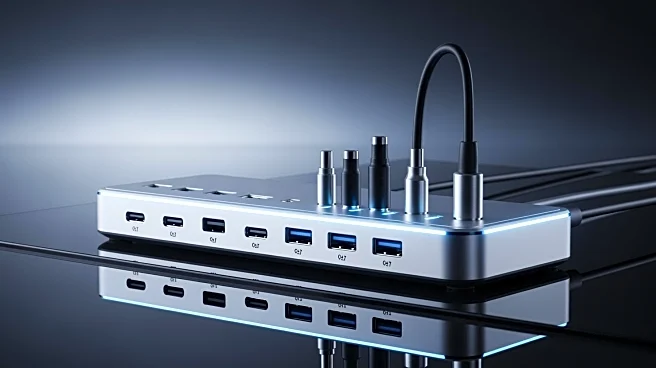What is the story about?
What's Happening?
BP has announced a $5 billion investment in the Tiber-Guadalupe project in the Gulf of Mexico, expected to start production in 2030. This project will feature a floating platform producing 80,000 barrels of oil per day, with an estimated 350 million barrels in recoverable resources. Concurrently, TotalEnergies has acquired a 49% stake in Continental Resources' onshore gas fields in Oklahoma, aiming to produce 150 million standard cubic feet of gas per day by 2030. These moves align with President Trump's push for increased oil and gas investments.
Why It's Important?
These investments by BP and TotalEnergies highlight a strategic shift back towards fossil fuels, reflecting a broader industry trend influenced by current U.S. energy policies. The projects are expected to significantly boost U.S. oil and gas production, contributing to energy independence and economic growth. However, this focus on fossil fuels may come at the expense of renewable energy initiatives, potentially affecting the transition to sustainable energy sources.
What's Next?
As these projects progress, they will likely face scrutiny from environmental groups and policymakers advocating for renewable energy. The success of these investments will depend on market conditions, regulatory approvals, and technological advancements. The industry will be watching for further policy changes under President Trump's administration that could impact the balance between fossil fuel and renewable energy investments.
Beyond the Headlines
The renewed focus on oil and gas raises questions about the long-term sustainability of energy policies and their environmental impact. The shift away from renewables could slow progress towards climate goals, prompting debates on the ethical and economic implications of such strategies.















